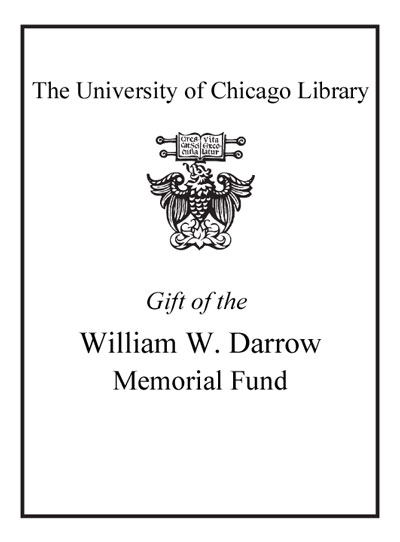Review by Choice Review
Clinton, the Vice Chair of the Clinton Foundation and a Lecturer at the Mailman School of Public Health at Columbia, and Sridhar (Univ. of Edinburgh, Scotland) make the case that health is the key factor in the human condition, and global health efforts are a means to "break the link between sickness and poverty" in the world. The authors highlight the upsurge of public-private partnerships (PPPs) and their work with international governments to combat specific diseases through equitable health care and disease prevention. This book expertly addresses the need to look deeper into how PPPs operate, and how global health care decisions are made, and by whom. The purpose of the book is to fill the gap in international global health scholarly literature. Clinton and Sridhar scrutinize two PPPs (the Global Fund to Fight AIDS, Tuberculosis, and Malaria and Gavi, the Vaccine Alliance) and two major organizations (the World Health Organization and the World Bank), provide a meaningful and coherent comparison of financial bases (who funds global health), and examine the impact of "disruption and reform" on improving health and obliterating disease. Above all, these authors seek to answer the question in the work's subtitle. Summing Up: Recommended. All readers. --Barbara Ann D'Anna, SUNY Delhi
Copyright American Library Association, used with permission.
Review by Booklist Review
Sridhar, a global public health professor at the University of Edinburgh's Medical School, and Clinton, vice chair for the Clinton Foundation, present an erudite, bordering on academic, examination of world health. They examine what works, what hasn't worked, and what twenty-first-century solutions can be applied to improve the health of people from Liberia to the slums of New Delhi. Taking into account the successes of the Global Polio Eradication Initiative and other efforts that have sent major diseases such as malaria, pneumonia, measles, and HIV/AIDS into retreat, they scrutinize what has comprised success. Thornier, perhaps, is the threat of worldwide epidemics from, say, the Zika virus or Ebola. When such health hazards emerge, the call for swift and decisive transnational action is imperative. But beyond communicable diseases, there exists the goal to control the spread of noncommunicable diseases, such as heart disease and diabetes. Who will oversee such initiatives, and how? As the authors pose crucial questions and posit solutions, they present readers with an invaluable global health overview and much to ponder about the need for international cooperation among private and governmental entities.--Chavez, Donna Copyright 2016 Booklist
From Booklist, Copyright (c) American Library Association. Used with permission.
Review by Choice Review
Review by Booklist Review

